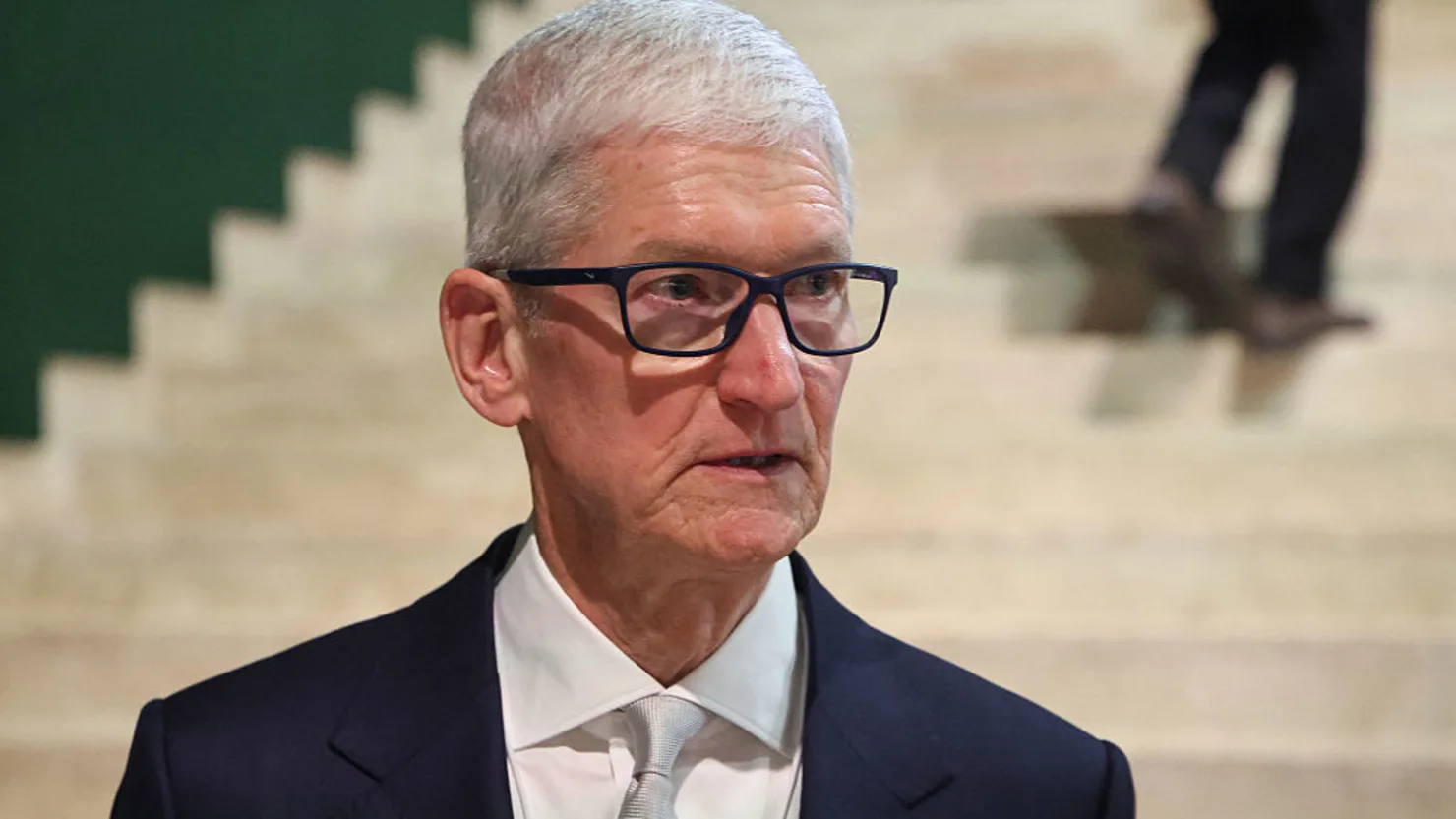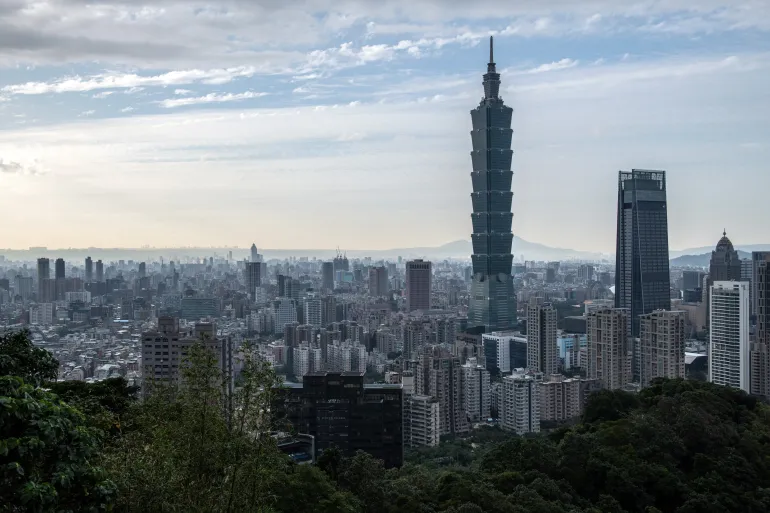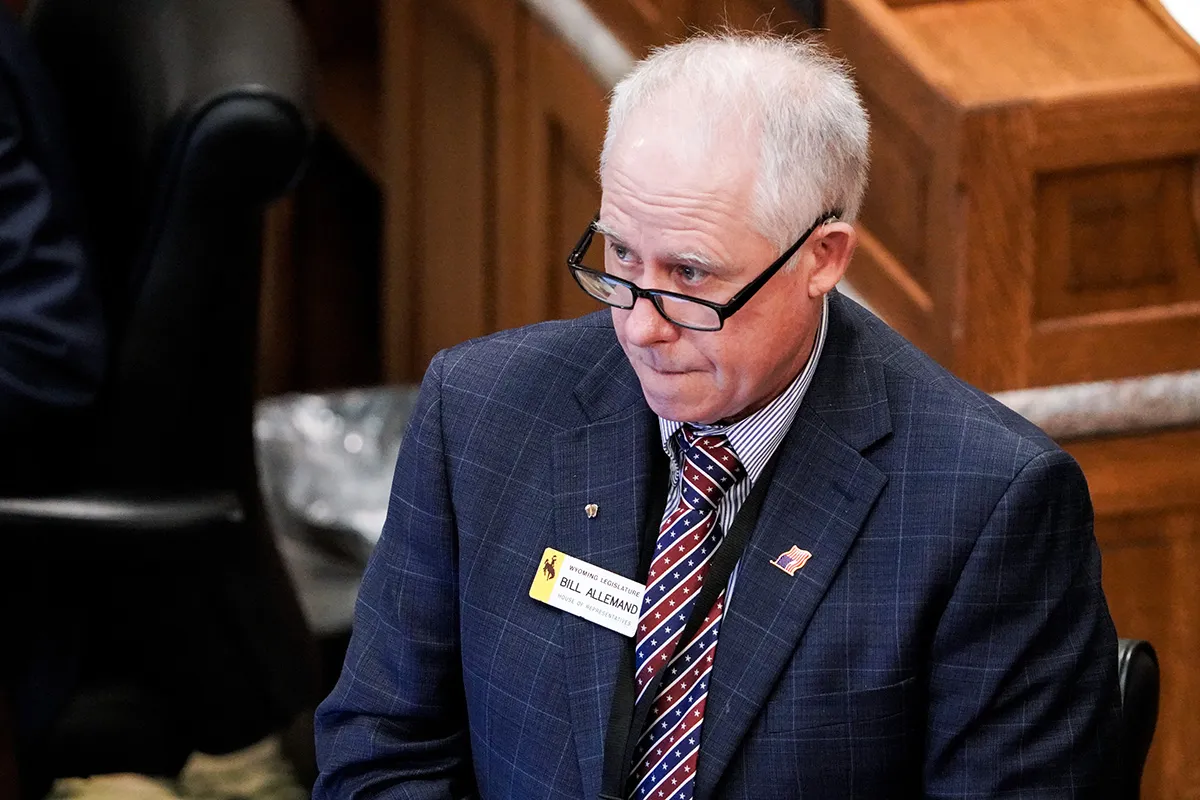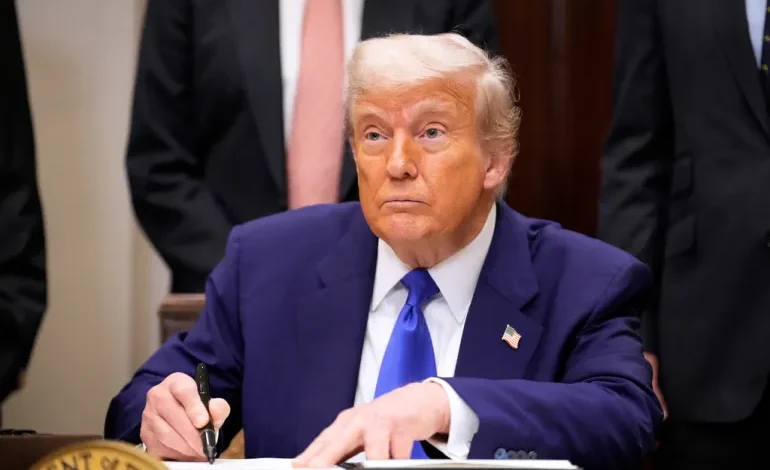United States President Donald Trump has signed a sweeping executive order aimed at reducing the cost of prescription drugs in the U.S., claiming it could slash prices by as much as 90 percent, Al Jazeera reports.
The announcement, made Monday at the White House, once again placed Trump at the center of a long-running national debate over drug affordability.
“We’re going to equalise,” Trump said at the press conference. “We’re all going to pay the same. We’re going to pay what Europe pays.”
Trump positioned the move as a correction to what he called global price disparities, blaming foreign nations for benefitting from U.S. pharmaceutical innovation while paying far less. He argued that Americans have been subsidizing lower drug costs abroad, a view that mirrors the position of powerful U.S. pharmaceutical lobbyists.
The U.S. has long stood out among developed nations for the exceptionally high prices its citizens pay for life-saving medications. According to Al Jazeera, this discrepancy has been attributed to the immense lobbying power and market influence of the pharmaceutical industry within the U.S. political system.
Though Trump has previously accused drug companies of “getting away with murder,” his latest remarks shifted much of the blame to foreign governments. He claimed that U.S. drugmakers are forced to compensate for low international pricing, leading to significantly inflated domestic costs.
The announcement comes amid persistent public outcry over unaffordable drug prices—a key issue in U.S. politics that cuts across party lines. Trump’s executive order calls for “communicating price targets” to drug manufacturers, aiming to secure better deals for American consumers, according to a White House fact sheet.
Health and Human Services Secretary Robert F. Kennedy Jr., who joined Trump at the signing ceremony, endorsed the plan and promised accountability in negotiations with pharmaceutical companies.
However, experts have expressed skepticism about the effectiveness and timeline of the initiative. “It really does seem the plan is to ask manufacturers to voluntarily lower their prices to some point which is not known,” Rachel Sachs, a health law expert at Washington University in St. Louis, told the Associated Press. “If they do not lower their prices to the desired point, HHS shall take other actions with a very long timeline.”
While the White House promised swift results, drug industry stocks rose following the announcement—an indication that investors are unconvinced of any immediate threat to profits.










The latest news in your social feeds
Subscribe to our social media platforms to stay tuned